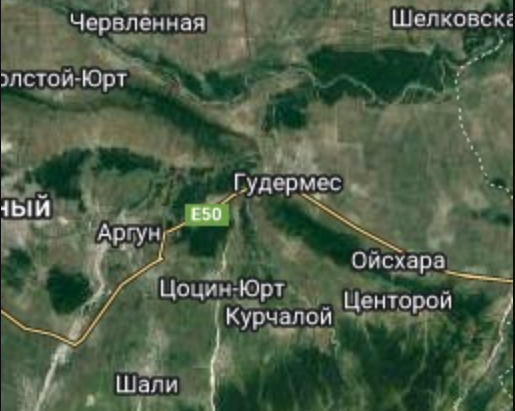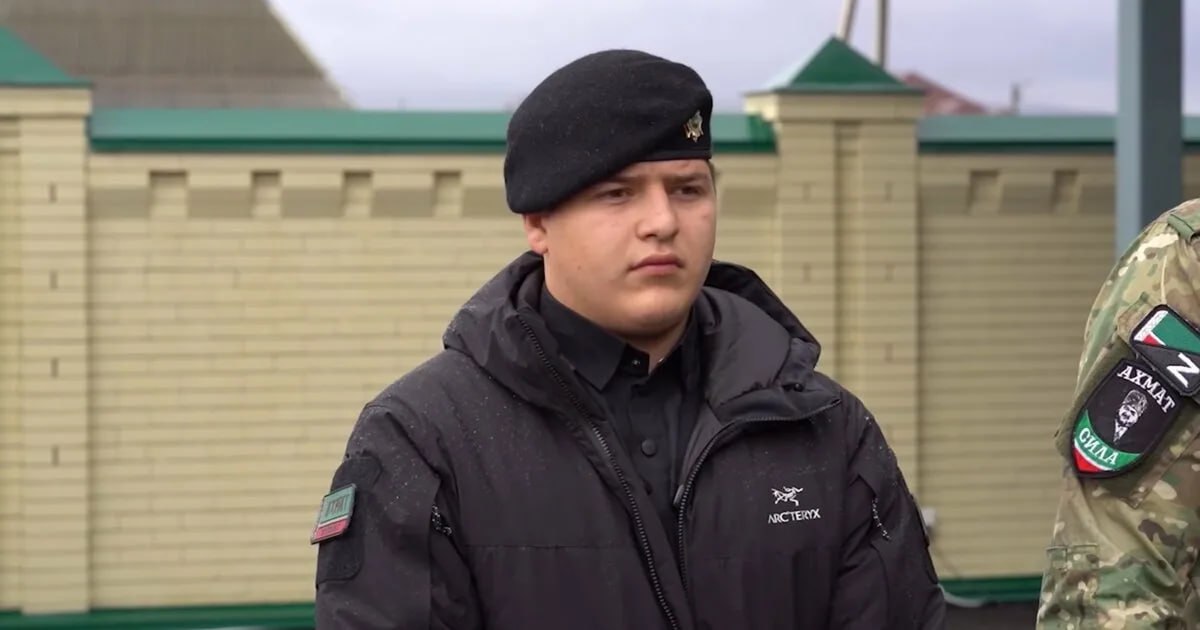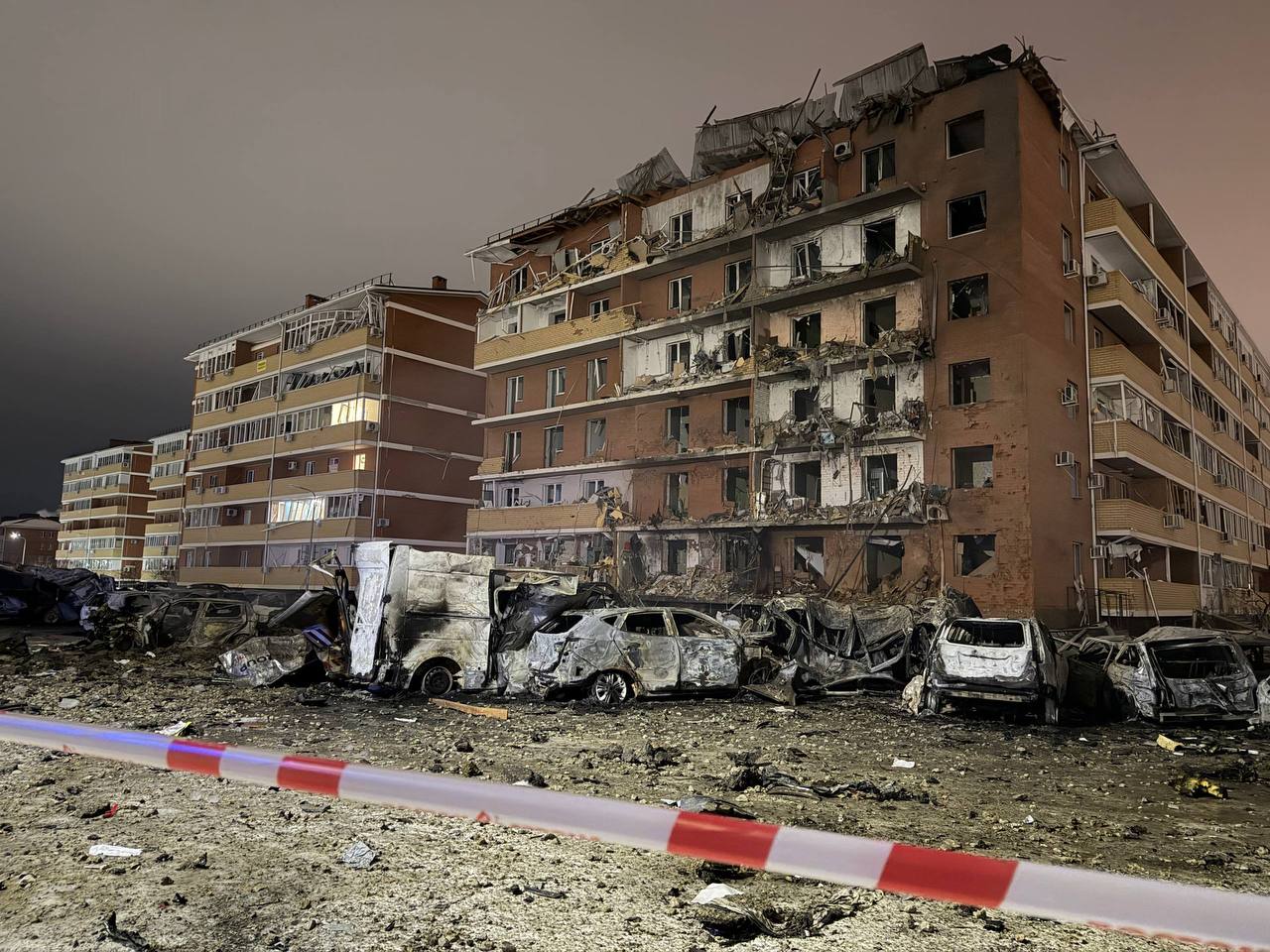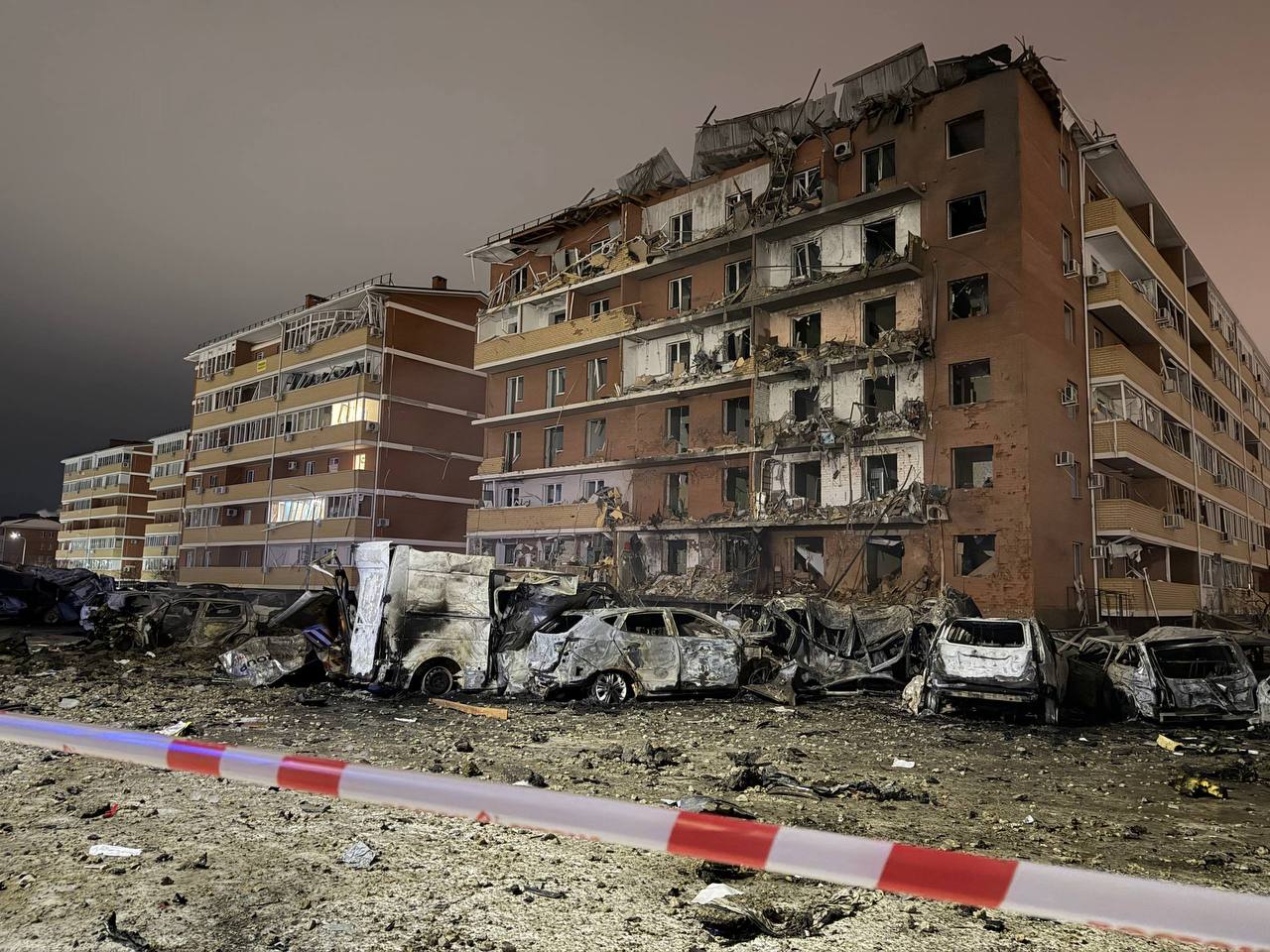The health of Adam Kadyrov, the son of Chechen leader Adam Kadyrov, who was injured in a traffic accident in Grozny, is improving, according to the Agency, citing sources close to the Russian presidential administration and the Chechen authorities.

December 16, 2001
***
At about 2 a.m. in the village of Tsotsin-Yurt, masked servicemen broke into the house of the Vezievs, living on Stepnaya Street. The military drove up to the house in an UAZ. Before entering the house, they opened fire with automatic weapons, shooting out all the lanterns intended to illuminate the yard. Entering the house, they hit the wife of Makhmi Amzhedovich Veziev, born in 1959, and Makhmi himself was lifted out of bed and, without allowing him to get dressed, they took him away with them. Makhmi Veziev was mentally ill, he often had seizures, during which he became aggressive. Did not take part in hostilities.
Neighbors and relatives of the abducted man followed the trail of the car that drove away from the Vezievs’ house (the trail was clearly visible in the snow). The trail led towards the location of the brigade of the Internal Troops of the Ministry of Internal Affairs of the Russian Federation, located 200 meters from the village. Having noticed the Ural with the Russian military, people got scared and turned back.
On December 25, the body of Makhmi Veziev was found on the outskirts of the village. The soft tissues on the corpse were gnawed by dogs.
***
On the night of December 16, in the village of Gekhi, masked federal servicemen burst into the Khutsayevs’ house (Sportivnaya St., 40). At this time, family members were sleeping. The military picked them up and began an unauthorized search. During the search, they beat Beslan Isaevich Khutsaev, born in 1981, and Movsar Isaevich Khutsaev, born in 1984. The mother of Beslan and Movsar tried to find out what the “security forces” wanted from them, but one of the military men put a gun to her head, and the unknown people answered all questions with obscene language. They demanded to give money and gold. Having not received them, the military turned everything over in the house, and instead of money and gold they took the things they liked. Having completed the search, the “federals” left in three armored personnel carriers and two Ural vehicles with closed and painted license plates, taking the Khutsayev brothers with them. It was not reported where they will be placed or what they are accused of. Regarding the fact of the abduction of the Khutsaevs, the relatives contacted the authorities of the Urus-Martan district, including a statement submitted to the prosecutor of the Urus-Martan district A.P. Kudryavtsev, and the military commandant of the district GN. Golovanov.
According to their relatives, Beslan and Movsar did not take part in the WF of the ChRI. Beslan was a student at the Grozny Pedagogical College, and Movsar was a student in the 11th grade. The Khutsaev brothers disappeared.
Relatives of the abducted persons filed applications with the Department of Internal Affairs, the FSB and the prosecutor's office. Criminal case No. 61030 was initiated, but then suspended. Due to the inaction of the prosecutor's office, they went to court, then a complaint was filed with the European Court of Human Rights. As of January 31, 2006, the Memorial Human Rights Center knows nothing about the further fate of Beslan and Movsar Khutsaev.
Beslan and Movsar Khutsayev are relatives of the murdered 69-year-old Supyan Khutsayev and Saydi Khutsayev, who was first kidnapped and then released after torture and beatings.
At the end of June 2001, armed people in camouflage uniforms, who introduced themselves in radio conversations as GRU officers, took Rustam Isaevich Khutsaev, born in 1980, a member of the VF of the ChRI from the Ordzhonikidzevskaya hospital. According to the Kommersant newspaper, a small detachment of which he allegedly belonged carried out attacks on Russian military personnel in the west of Chechnya, near the administrative border with Ingushetia. This became the reason for the “cleansing” operations of the Assinovskaya station and the Sernovodskoye village that received wide public attention in early July 2001. During one of the operations, the militants encountered serious opposition and were forced to hastily retreat. As a result, between Assinovskaya and Nesterovskaya stations, they found themselves in a minefield. According to the newspaper, Rustam Khutsayev received shrapnel wounds in his leg and lung and ended up in the hospital. They took him off the drip.
The military personnel who came to pick him up were not wearing masks. Medical staff and patients confidently asserted that their nationality was Russian. The prosecutor's office of the Achkhoy-Martan district opened a criminal case regarding the abduction of Rustam Khutsayev.
Meanwhile, Rustam Khutsaev did not disappear without a trace. He was soon discovered in Rostov-on-Don, where a short trial (only two weeks) took place. The defendant completely renounced the charges against him, claiming that he did not fight and ended up at the site of the attack by accident - he was returning from the village of Arshty. The judge did not believe him and in accordance with Art. 205, 208, 222, 223 and 317 of the Criminal Code of the Russian Federation, he was sentenced to 16 years in prison.
***
At 12.30 (midday prayer time) on the day of the Muslim holiday Eid al-Adha, missile and bomb attacks were carried out by aircraft on the outskirts of the village of Serzhen-Yurt.
***
At 20.45 in the village of Katayama, military personnel fired at a Volga passenger car in which Umar Shovkhalov, about 50 years old, and 45-year-old Saipi (Saipudin) Taipov, a father of four children, were traveling. The incident occurred at an intersection near a kindergarten and a mosque (the intersection of 6th line and Tashkalinskaya streets), when Shovkhalov and Taipov were traveling from relatives, without fear of the late hour. The fact is that in connection with the celebration of the end of the Muslim fast, the duration of the so-called. curfew from 16 to 18 December was extended from 20:00 to 21:00. When there were 300 or 400 meters left to the house, strong lethal fire was opened from both sides. People died on the spot, and the car was riddled with bullets, mostly of 7.62 mm caliber. The corpses of the dead lay in place all night, as relatives were afraid to pull them out. The shelling came from a nearby checkpoint. In the morning, an investigator from the prosecutor's office and employees of the internal affairs department arrived at the scene of the tragedy. A criminal case has been opened into the murder. Nothing is known about the results of the investigation of the Human Rights Center “Memorial”.
From the book “People Live Here”, Usam Baysaev, Dmitry Grushkin, 2006.



